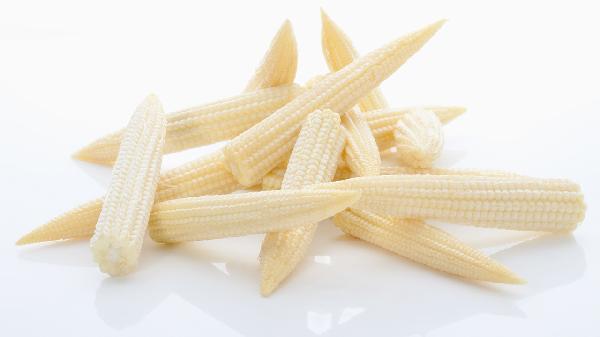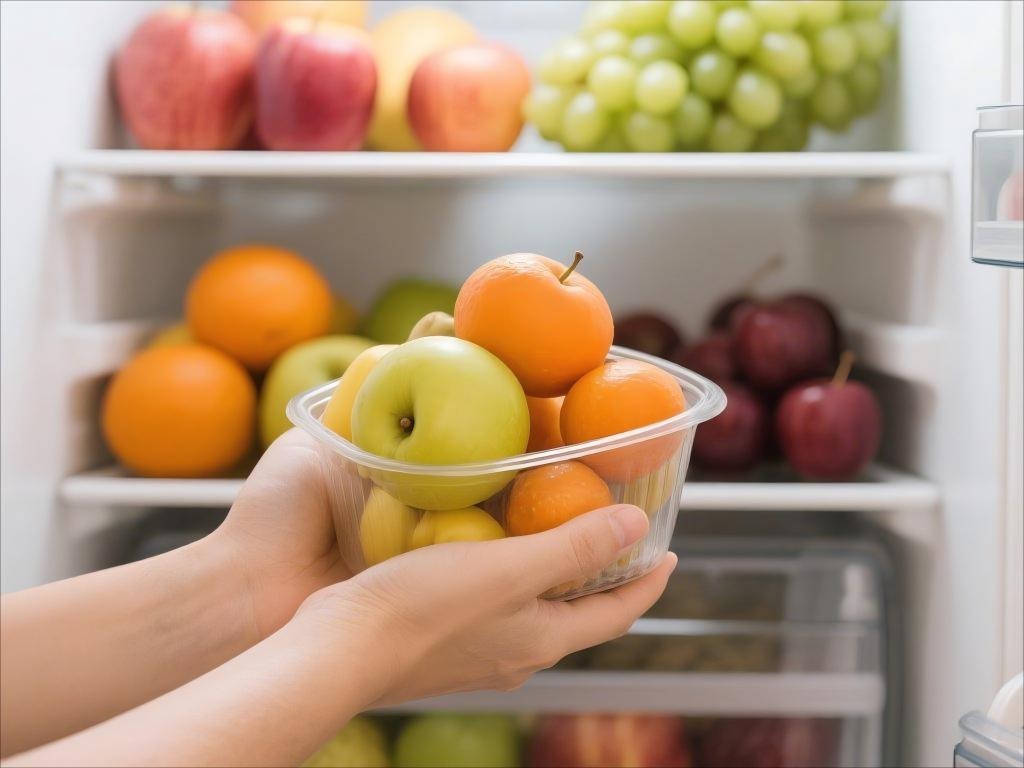Protein overload is a real thing, and if you've ever felt sluggish, bloated, or just plain off after a protein-heavy meal, your body might be waving a red flag. While protein is essential for muscle repair, immune function, and overall health, too much can throw your system out of whack. The good news? Balancing your intake with the right foods can help you avoid the pitfalls of overdoing it.

Your body can only process so much protein at once—any excess gets converted into energy or stored as fat. But before that happens, you might experience some unpleasant side effects. Digestive distress is common, since breaking down protein requires more stomach acid and enzymes, leading to bloating, gas, or even constipation. Over time, excessive protein can strain your kidneys, which work overtime to filter out nitrogen waste from protein metabolism. And if you're skimping on carbs to make room for more protein, your energy levels might crash, leaving you feeling fatigued and foggy-headed.
Instead of piling on chicken breasts and protein shakes, try incorporating these nutrient-rich options that deliver protein without overloading your system:
Packed with probiotics and about 15-20 grams of protein per serving, Greek yogurt supports digestion while delivering a steady dose of amino acids. Opt for plain, unsweetened varieties to avoid added sugars that can mess with your gut.
A plant-based powerhouse, lentils offer 18 grams of protein per cooked cup, plus fiber to keep things moving smoothly. They’re also rich in iron and folate, making them a great choice for energy and blood health.
This complete protein contains all nine essential amino acids, clocking in at 8 grams per cooked cup. It’s also gluten-free and high in magnesium, which helps with muscle recovery and relaxation.
With 6 grams of protein per egg and a perfect balance of fats, eggs are a versatile option that won’t overwhelm your system. The choline in yolks also supports brain function—bonus points for mental clarity.
A handful of almonds provides about 6 grams of protein, plus healthy fats and vitamin E. They’re a satisfying snack that stabilizes blood sugar, preventing the energy dips that come with protein-heavy, carb-light diets.
If you’re active or strength training, protein is non-negotiable—but more isn’t always better. Spread your intake evenly across meals (aim for 20-30 grams per sitting) and pair proteins with fiber-rich veggies or whole grains to slow digestion. Hydration is key, too; water helps flush out nitrogen waste and keeps your kidneys happy. Listen to your body: If you’re constantly thirsty, bloated, or running on empty, it might be time to reassess your macros.
Protein is a critical part of a healthy diet, but balance is everything. By choosing nutrient-dense sources and tuning into your body’s signals, you can fuel up without the overload side effects. Your muscles—and your digestive system—will thank you.
























